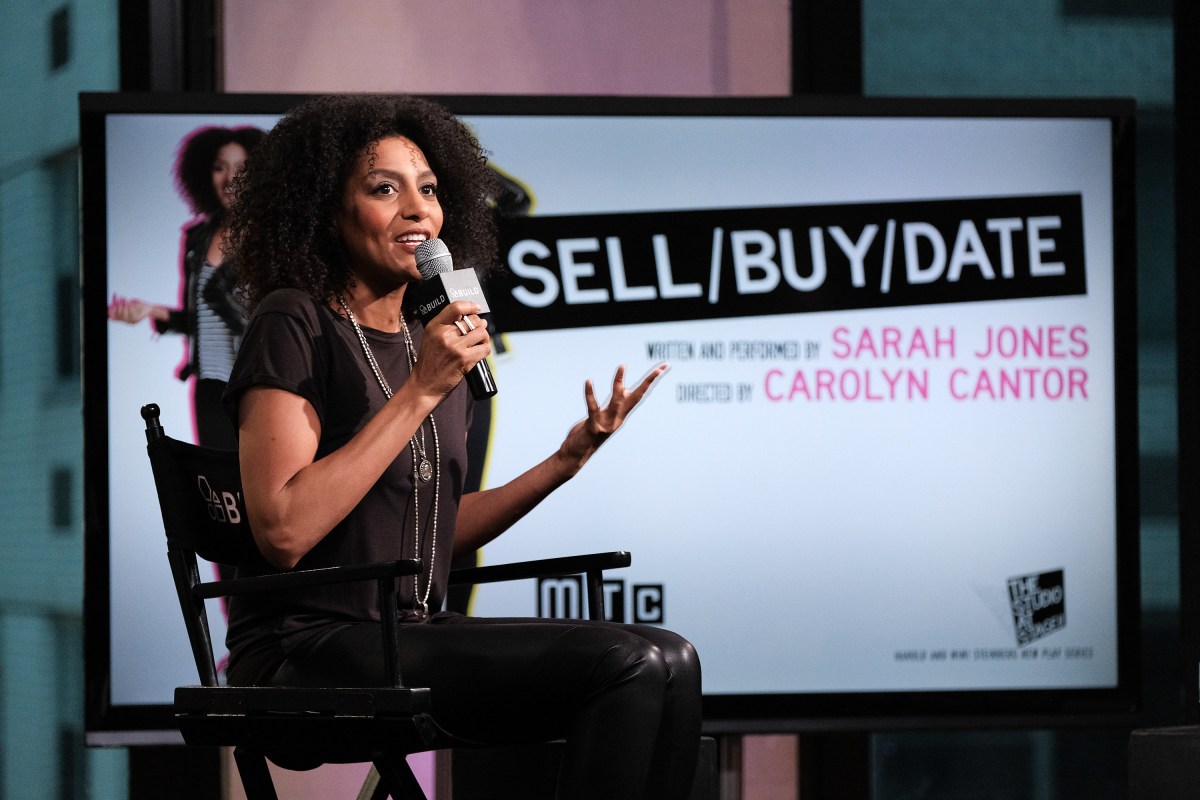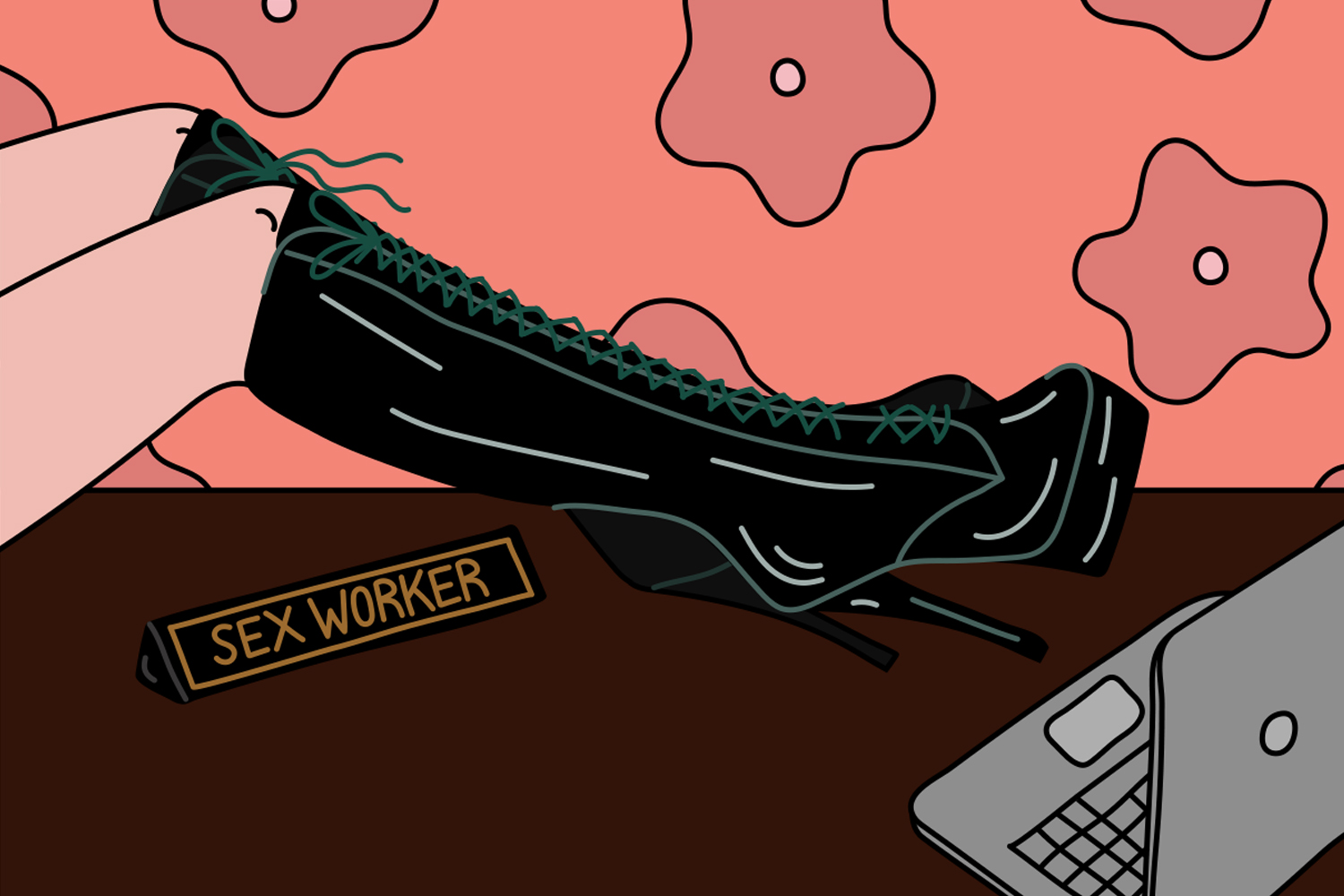Last week, playwright and performer Sarah Jones announced Sell/Buy/Date, a forthcoming documentary about the sex industry based on her 2016 stage production of the same name. News of the project, which reportedly boasts Meryl Streep and Rashida Jones as producers, quickly attracted criticism from sex workers, with many in the sex industry taking issue both with the documentary’s content as well as the names attached to it.
According to Deadline, the film “tackles themes of inequality of criminal justice, race, sexism and poverty through the lens of the debate around the sex industry,” while once again resurrecting the increasingly tired question, “Is sex work exploitative or empowering?” Naturally, this has rubbed many a sex industry professional the wrong way, with sex workers questioning why those outside of the industry continue to appropriate and sensationalize their narratives while questioning the validity of sex work.
“So fucking insulting these complete outsiders think they can just read our Twitter feeds, and watch some porn movies, and think they know ALL about us when they don’t,” wrote dominatrix and writer Mistress Matisse on Twitter. “They are *exploiting sex workers*! THEY are going to make a lot of money off OUR LABOUR – but we won’t get any.”
Critics have also accused Jones’s work of making the all-too-common error of conflating sex work with sex trafficking, re-enforcing a dangerous narrative often weaponized in prohibitionist arguments aiming to discredit and/or criminalize sex work. In a tweet, sex worker Mary Moody accused the team behind Sell/Buy/Date of “creating another anti-sex worker ‘documentary’ to stigmatize us and conflate sex work with trafficking to earn some cash.”
Speaking of that creative team, many of the film’s critics have also taken issue with some of the names linked to the documentary, specifically Meryl Streep and Rashida Jones. The latter produced a controversial 2015 documentary about teenage porn stars, Hot Girls Wanted, followed by a 2017 series of the same name, both of which were accused of exploiting and doxxing their subjects. In a tweet, adult industry life coach Dee Siren accused Rashida Jones of once again “acting like she represents the sex industry,” adding that the producer has “done nothing but cause issues by sensationalizing sex workers & connecting consensual workers with trafficking.”
As for Meryl Streep, the actress has repeatedly been linked to anti-sex-work activism. In 2015, Streep was among a distressing number of celebrities who signed an open letter urging Amnesty International not to decriminalize sex work. The actress has also been an advocate for FOSTA-SESTA, U.S. legislation that made it more difficult for sex workers to exist safely online.
While, as Dazed’s Brit Dawson noted, it may seem like increased media representation of the sex industry would be a positive step toward destigmatization, the opposite is often true. Mainstream representations of sex work and sex workers are often prone to inaccurate, sensationalized and fear-mongering narratives that only reinforce the many misconceptions and negative attitudes toward sex work that leave industry professionals in danger. Considering Sell/Buy/Date is coming from a team of non-sex-industry producers — some of whom already have a less than stellar track record when it comes to handling sex-worker narratives — sex workers have good reason to be wary of the forthcoming doc.
The Charge will help you move better, think clearer and stay in the game longer. Subscribe to our wellness newsletter today.


















